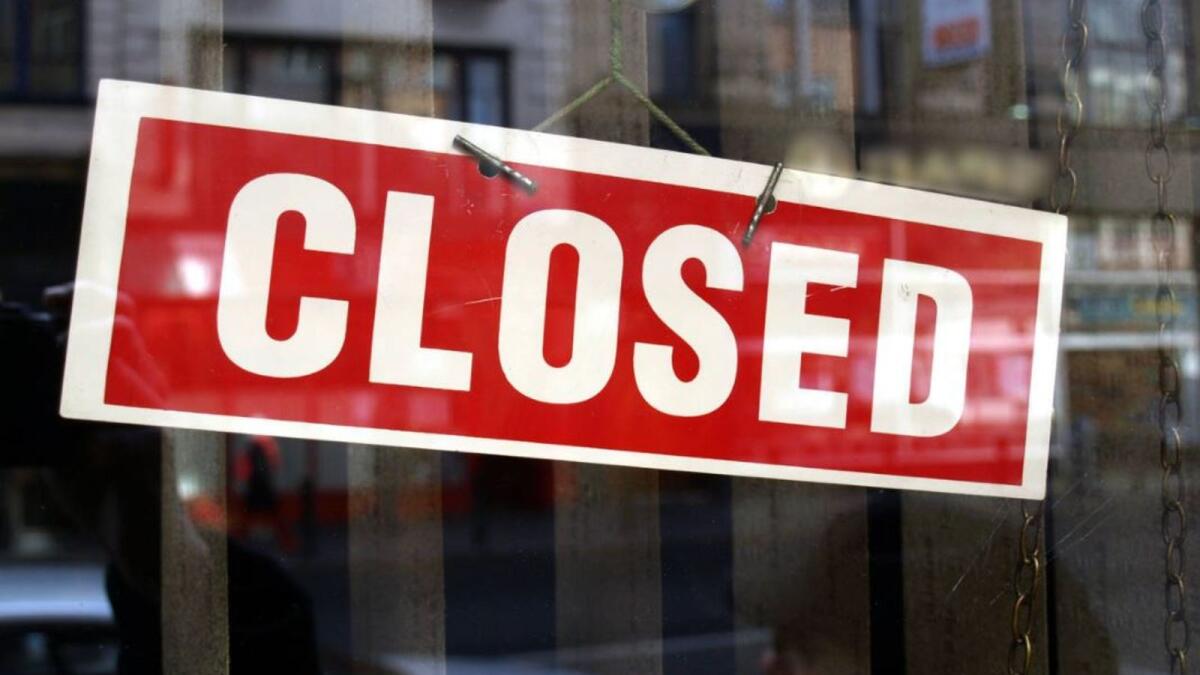The closure of three Dubai schools at the end of the 2023-2024 academic year due to not meeting quality standards has highlighted the priority placed on student welfare by the education regulator in Dubai. This information was shared by the Knowledge and Human Development Authority (KHDA) during a ‘Meet the CEO’ event organised by the Government of Dubai Media Office (GDMO). No further information was provided about the schools during the meeting, but it is essential to note that Dubai schools typically undergo annual inspections and receive ratings based on a specific set of criteria.
Recently, it was announced that private schools in Dubai will not undergo full inspections during the 2024-25 academic year, with exceptions for new schools entering their third year of operations. Schools can submit a request for a full inspection to the Dubai Schools Inspection Bureau (DSIB) for review and approval at KHDA’s discretion. Institutions with approved requests will be notified during Term 2 of the 2024-25 academic year. Additionally, preparations for the current academic year began in January, with input from various stakeholders in the education sector to develop an effective educational model aligned with the community’s needs.
The KHDA Director General Aisha Miran emphasized diversity, flexibility, and high quality in Dubai’s education sector, which consists of 223 private schools serving over 365,000 students. Dubai also has 285 early childhood centres offering 17 different curricula, with 29 new centres set to open in the 2024-2025 academic year. Additionally, Dubai hosts 38 licensed higher education institutions, accommodating nearly 35,000 students and providing over 650 academic programs. The sector is expanding with the opening of six new schools and the launch of four additional higher education institutions this year.
Miran outlined the education regulator’s priorities for the new academic year, focusing on growth to bolster Dubai’s reputation as a premier global destination for high-quality education. Significant enrolment increases have been noted over the past two years, including a 16% rise in early childhood centres, a 12% increase in schools and higher education, and a 25% growth in international students. The support for the Dubai Social Agenda and the Dubai Economic Agenda D33 includes the launch of 39 new educational institutions, comprising of six private schools, 29 early childhood centres, and four international universities, including the first Chinese university inspired by the UAE-China partnership.
In conclusion, Dubai’s education sector is continuously evolving and expanding to meet the diverse needs of the community. The closure of schools that do not meet quality standards reflects the commitment to ensuring student welfare. With a focus on growth, diversity, and high quality, Dubai aims to maintain its reputation as a global education hub. The ongoing efforts by the KHDA to engage stakeholders, gather feedback, and enhance educational offerings underscore the city’s dedication to providing a top-notch education system for its residents and international students.
















